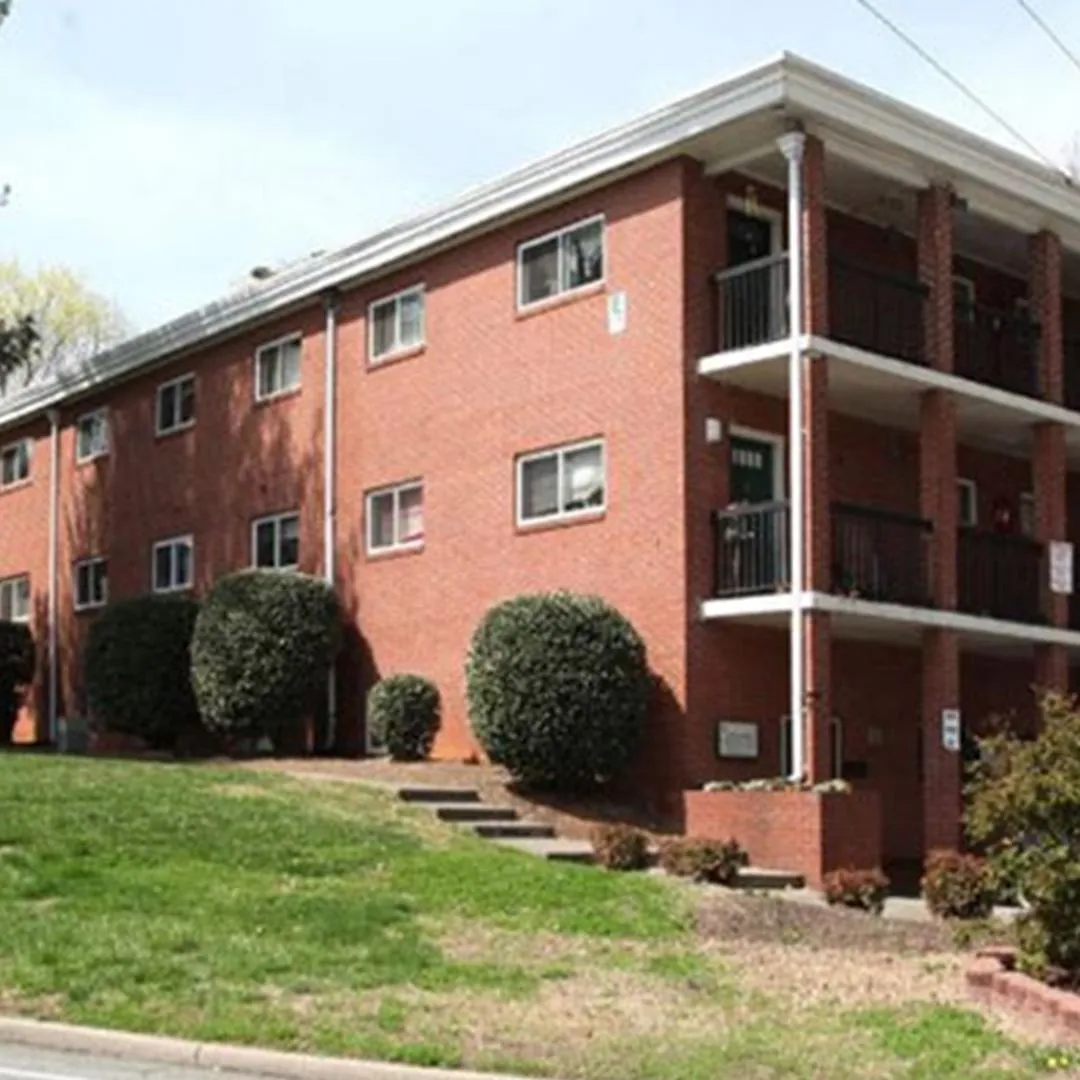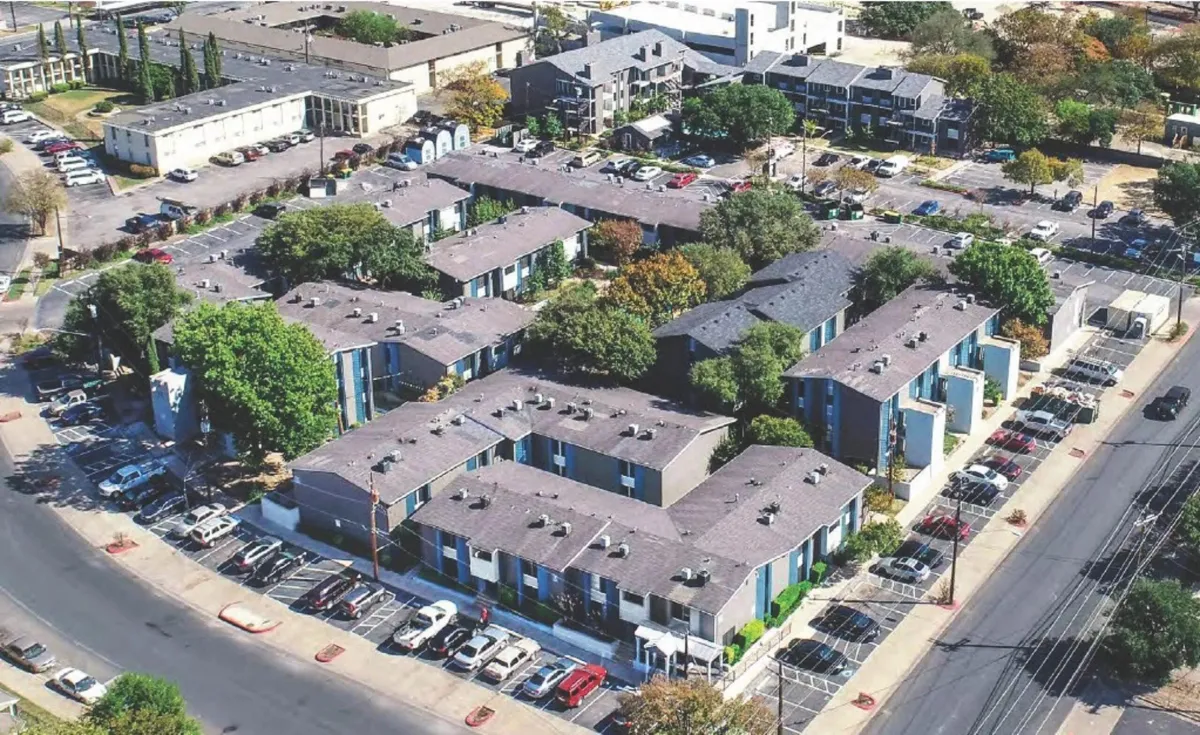RESULTS DRIVEN
Feel confident in your investment by leveraging our knowledge of today’s
real estate investing complexities and see positive results

Experience
Seasoned asset managers with a passion for uplifting others through real estate investing opportunities.

Education
Build confidence in your ability to invest wisely with the free educational resources

Connection
Stay informed and up to date with the latest investment opportunities and company developments
Acerca de nosotros
Christopher Linger y Maricela Soberanes son directores de Up Plex Capital LLC.. Inversionistas inmobiliarios acreditados, al tener un portafolio personal valuado en más de $100m dólares, han creado importantes ingresos pasivos significativos para ellos y sus inversionistas al encontrar las mejores propiedades que el mercado actual puede ofrecer. Maricela tiene una licenciatura en negocios y un exitoso negocio de servicios médicos desde 2015. Chris tiene un MBA de veintisiete años de servicio activo en la Marina (retirado), ahora sindicador de apartamentos a tiempo completo.
MÁS INFORMACIÓN
Acerca de nosotros
Gestores de activos experimentados con pasión por elevar a otros a través de oportunidades de inversión en bienes raíces.
La educación continua lleva a los inversionistas a tener confianza
Confíe en su capacidad para invertir de forma inteligente con los recursos educativos gratuitos.
Connection
Manténgase informado y actualizado con las últimas oportunidades de inversión y desarrollo de las empresas.
Be the First to Know
Receive exclusive investment opportunities, and the latest investing strategies ...right to your inbox.
Sea el primero en saberlo.
Reciba oportunidades de inversión exclusivas y las últimas estrategias de inversión... directamente en su bandeja de entrada.
Hear From Our Investors
My wife and I thank our lucky stars that we worked with Chris and Maricela, they are so organized and always willing to make a win-win situation.
- S. McDonald -
McDonald Homes
I’ve said it before, I’ll say it 100 times. We
owe our success to you both. Great mentors like you [Chris & Maricela] have
helped tremendously!
- S. Enyard -
Anchor Atlas Properties Founder
After seeing and relating to some of my frustrations, they drove two hours to help
with our four-plex renovation. Chris & Maricela are always a wealth of knowledge.
- C. Byler -
Passive Patriots Founder
BAJOS COSTOS OPERATIVOS
Las instalaciones requieren un mantenimiento y una gestión mínimos en comparación con otros inmuebles.

MÁRGENES DE BENEFICIO ELEVADOS
Un flujo de caja estable con gastos generales reducidos genera rentabilidades elevadas.

OPORTUNIDADES DE VALOR AGREGADO
Mejoras simples como la seguridad o el control del clima pueden aumentar los ingresos y el valor de la propiedad.

ESCALABILIDAD
Expansión sencilla mediante la incorporación de unidades o la adquisición de nuevas instalaciones.

The Numbers
Don't Lie
$100M
PORTFOLIO
UNDER MANAGEMENT
2500+
DOORS
2006
INVESTING SINCE
5
INVESTED IN MARKETS
(FL, AZ, TX, PA, OH)
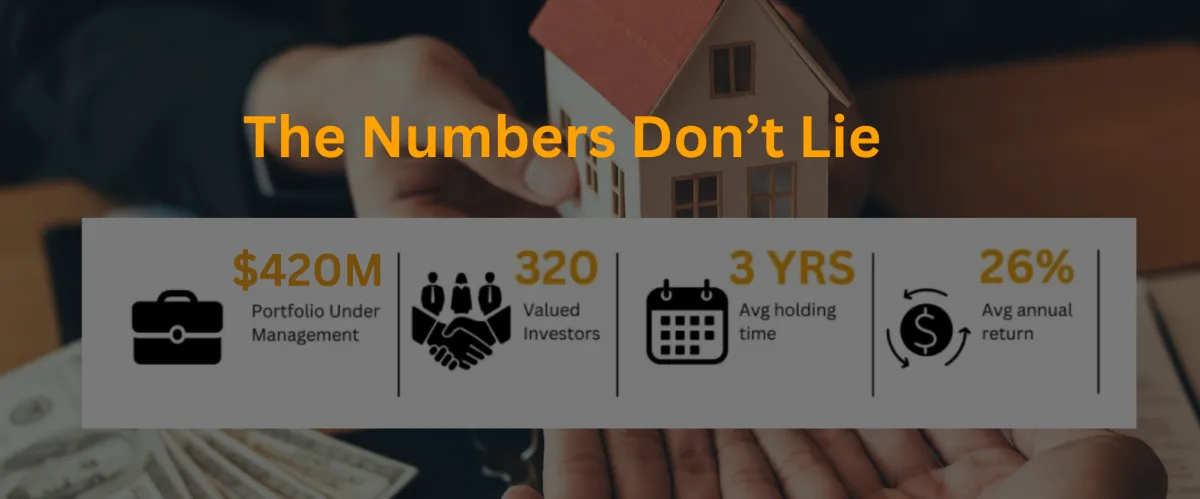
3 Investing Tips

Start Now
The best time to invest in real estate is now and with the right investment, you can see amazing growth in just 18 months.

Trust in Proven Returns
The best time to invest in real estate is now and with the right investment, you can see amazing growth in just 18 months.

Start Just With $50K
It takes less than you think to get started and with the right team you'll shorten your learning curve and increase your returns.
3 Consejos para Invertir

Empiece ahora
El mejor momento para invertir en bienes raíces es ahora y con la inversión adecuada, puede ver un increíble crecimiento en sólo 18 meses.

Confíe en rendimientos probados
Mitigue su riesgo, asegurándose de que aquellos con los que invierte le proporcionen rendimientos probados y trabajan con expertos seleccionados estratégicamente.

Comience con sólo 50,000 dólares
Se necesita menos de lo que se cree para empezar y con el equipo adecuado acortar su curva de aprendizaje y aumentar sus rendimientos.
Schedule A Free Consultation
Invest with confidence. We’ll help you understand how to evaluate if a certain asset is right for you.
Programe una consulta gratuita
Invierta con confianza, le ayudaremos a entender cómo evaluar si un determinado activo es adecuado para usted.
Our Assets
We strategically focus on a variety of asset types in order to create a strong and diverse portfolio of assets that can hedge against economic uncertainties. Creating safer investment opportunities for our investors.
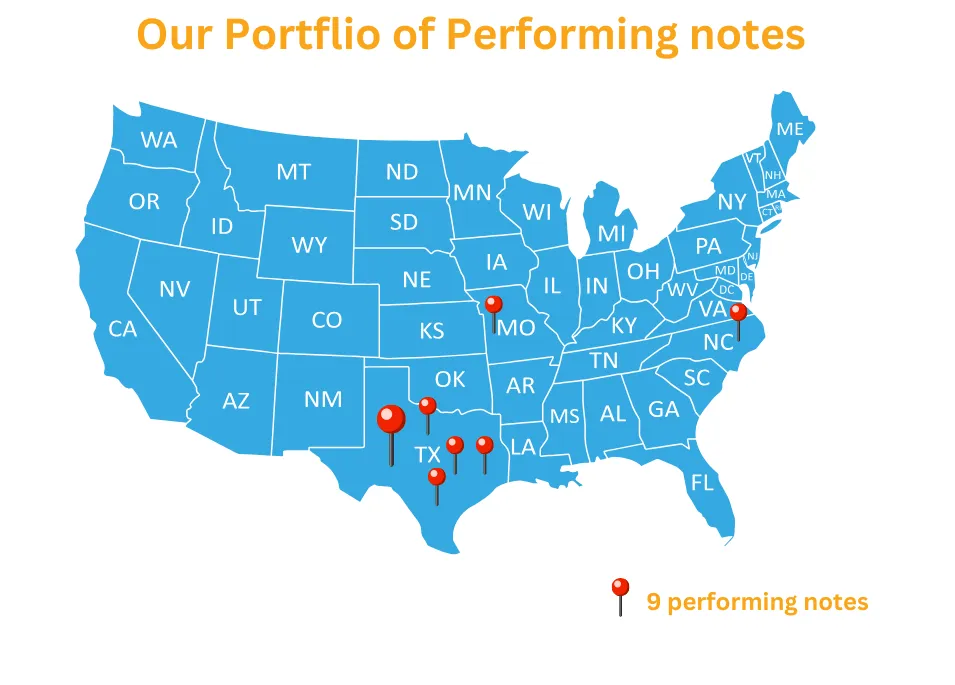
Nuestros activos
Nos centramos estratégicamente en una variedad de tipos de activos con el fin de crear una cartera de activos sólida y diversa que pueda protegerse de las incertidumbres económicas, creando oportunidades de inversión más seguras para nuestros inversionistas.
FREE Educational
Materials
Learn important investing concepts and strategies at your own pace with our "Savvy Passive Investor" series on YouTube
GRATUITOS Materiales educativos
Aprenda importantes conceptos y estrategias de inversión a su propio ritmo con nuestra serie "Savvy Passive Investor" en YouTube.
Latest News

Exploring Investment 506(c) and 506(b) Offerings: Unveiling the Path to Private Investments
Date 16 June 2023 / Comment 0
In the realm of investment opportunities, there are several ways to raise capital, each having their own rules and criteria. In the United States, two well-known choices for private investments are the 506(c) offering and the 506(b) offering. In this blog, we will explore the qualities, distinctions, and advantages of these two investment options. Therefore, […]

The Power of Diversification
Date 20 May 2023 / Comment 0
Diversification in Real Estate Assets: Real estate has long been considered a stable and lucrative investment avenue. Investors have traditionally focused on residential and commercial properties, but the world of real estate investing has expanded significantly in recent years. One strategy that has gained prominence is diversification in real estate assets. In this blog post, […]
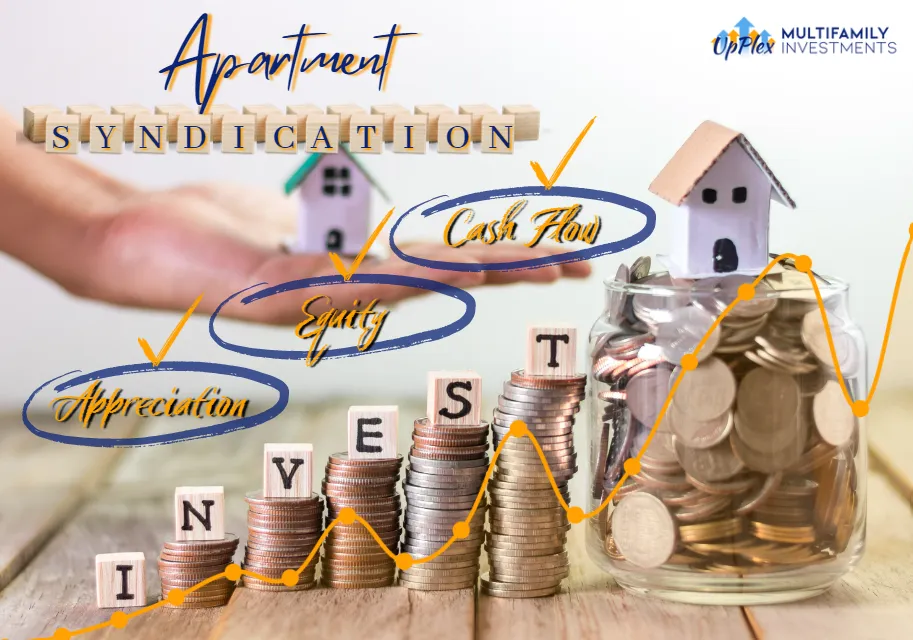
(Español) Razones para invertir en sindicaciones de apartamentos: Flujo de caja vs Equidad vs Apreciación
Date 5 May 2023 / Comment 0
Sorry, this entry is only available in Español.
Consulte nuestra última publicación de BLOG
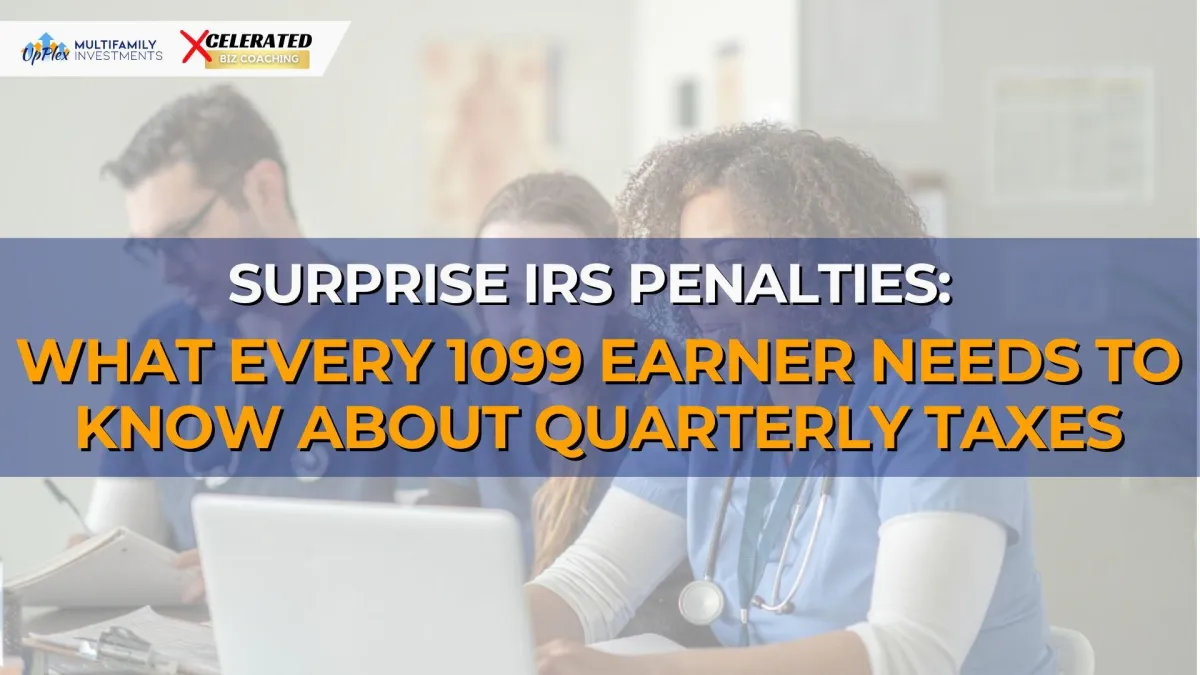
Surprise IRS Penalties: What Every 1099 Earner Needs to Know About Quarterly Taxes
If you're earning 1099 income—even alongside a W-2 job—there’s something you absolutely must know to avoid unnecessary IRS penalties.
I recently came across a Facebook post from someone who thought they were doing everything right: saving 32% of their 1099 income, paying their full tax bill, and still ended up getting slapped with a $1,300 penalty from the IRS.
How?
Quarterly tax payments. Or more specifically, the lack of them.
Let’s break it down—because this situation is more common than you think.
The Scenario: Full Payment, Still Penalized?
Here’s what happened:
The couple both have W-2 jobs and claim 0 allowances (meaning maximum taxes are withheld).
On top of that, they earn additional 1099 income and sent the IRS a check for nearly $40,000 to cover those taxes.
Despite paying in full, the IRS sent them a notice saying they owed $1,300 in interest and penalties.
The IRS agent explained the penalties were due to failure to make estimated quarterly payments throughout the year—even though the final amount was paid.
And here’s the kicker:
"No one told them they had to."
Not their CPA.
Not the IRS.
Not any tax notice or document in advance.
The IRS representative confirmed: “We’re not obligated to notify you.”
Why Quarterly Taxes Matter (Even if You Pay in Full)
Most W-2 earners are used to having taxes automatically withheld each paycheck. But with 1099 income, you’re responsible for paying your own taxes, including:
Income tax
Self-employment tax (Social Security & Medicare)
And, yes—paying it quarterly
The IRS expects four estimated payments per year, due in April, June, September, and January. If you skip these—even if you pay the full amount later—you could still face penalties and interest.
Here's What Went Wrong
This taxpayer made a common mistake:
They saved enough (32%) for taxes.
They paid everything they owed.
But they didn’t pay on the IRS’s timeline—which caused the penalty.
To make things worse, their 2024 penalty was based on their 2023 tax liability, which was unusually high due to a 401(k) withdrawal for an emergency. So the IRS expected similarly high quarterly payments the following year, even though their actual income might have changed.
What Can You Deduct? What Are You Missing?
The post ended with an important question many independent contractors ask:
“What am I doing wrong? What can I deduct?”
Here are some common deductions for 1099 contractors that people often overlook:
Home office deduction (must be a designated space used exclusively for work)
Office supplies & equipment
Professional subscriptions or licenses
Continuing education
Phone and internet (portion used for work)
Business insurance
Legal and accounting services
Health insurance (if self-employed)
Important note: If your locum company reimburses mileage, you can’t deduct vehicle expenses again—that would be double dipping.
Key Takeaways: Avoiding the Surprise Bill
Yes—you must pay quarterly estimated taxes on your 1099 income.
The IRS does not notify you that you’re required to.
Even if you save responsibly and pay in full, you can still owe penalties for timing.
Your prior year’s tax liability determines your estimated payment requirement.
Having a proactive CPA or tax advisor who works with 1099 earners is crucial.
Don’t wait for a surprise letter from the IRS—plan proactively.
Final Thoughts
This isn’t just a frustrating story—it’s a teachable moment for anyone working as an independent contractor, freelancer, or locum professional. Tax season shouldn’t feel like a guessing game.
If you're transitioning to 1099 income or already there, take charge of your tax education now. Ask questions, work with knowledgeable professionals, and understand your obligations early—because the IRS won’t warn you before penalties hit.
Have you faced a similar issue or have tips on managing 1099 income? Share your story in the comments—I’d love to hear from you.

LEAVE A REPLY

Gestores de activos dedicados a ayudar a otros a través de la educación sobre creación de riqueza y la inversión pasiva a través de bienes raíces.
CARTERA DE ACTIVOS
Copyright © 2022 Up Plex Multifamily All rights reserved.

Asset managers dedicated to elevating others through education in wealth-creation, and passive investing through real estate.
ASSET PORTFOLIO

